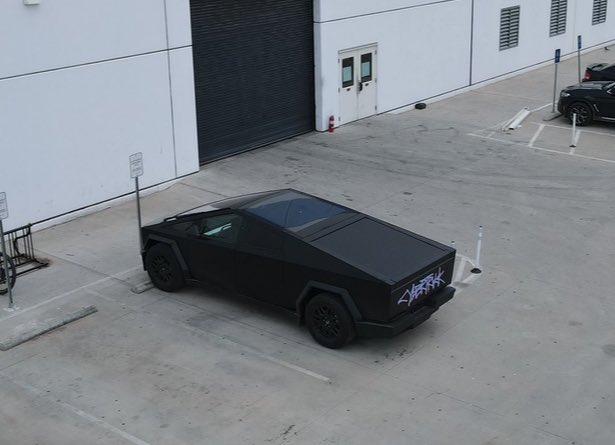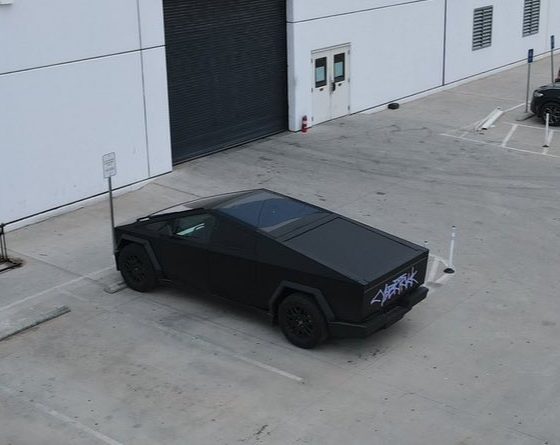A Tesla Senior Manufacturing Engineer for 4680 cell development has shared a photo of the first-ever Dry Cathode Cybertruck. The vehicle is equipped with Tesla’s in-house dry cathode 4680 cells, which have long been highly anticipated by the electric vehicle community.
The update was posted by Tesla Sr. Manufacturing Engineer Cole Otto, who noted in a post on LinkedIn that the company has kicked off its vehicle testing for the Dry Cathode Cybertruck. Otto’s post featured a photo of the Tesla’s 4680 team posing with the Dry Cathode Cybertruck, which was wrapped in matte black.
“Introducing the first-ever Dry Cathode Cybertruck! In July, we kicked off vehicle testing with our groundbreaking in-house dry cathode 4680 cells. This is a significant milestone in advancing both technology and cost efficiency. Proud to be part of the brilliant team that made this historic achievement possible!” Otto wrote in his LinkedIn post.
Interestingly enough, this was not the first time that a photo of Tesla’s first Dry Cathode Cybertruck was posted online. A few days ago, longtime Giga Texas watcher Joe Tegtmeyer shared a number of images from a recent flyover of the facility, one of which featured the mysterious matte black all-electric pickup truck. Tesla Sr. Director of 4680 program Bonne Eggleston confirmed on social media platform X that the vehicle was indeed the Dry Cathode Cybertruck.
Nice shot of the dry cathode CT ?— Bonne Eggleston (@BonneEggleston) July 26, 2024
While Tesla Cybertrucks that are being delivered to customers today are equipped with 4680 cells, the batteries themselves are only partially complete, as per a report from Chinese publication LatePost. The publication noted that Tesla’s 4680 cells that are used in production Cybertruck units are equipped with a negative cathode that is produced using Tesla’s dry electrode process and a positive cathode that is purchased from a supplier. This results in the positive cathode being produced using conventional wet electrode processes.
The LatePost report, which cited people reportedly familiar with the matter, suggested that Tesla is looking to start mass producing “complete” 4680 cells — whose negative and positive cathodes are produced using the company’s in-house dry electrode process — in consumer vehicles by the end of the year. One of the publication’s sources was particularly optimistic about the electric vehicle maker’s complete dry electrode 4680 cells, stating that “Once dry electrodes are developed, they can change Tesla.”
Don’t hesitate to contact us with news tips. Just send a message to simon@teslarati.com to give us a heads up.

Cybertruck
Tesla begins Cybertruck deliveries in a new region for the first time
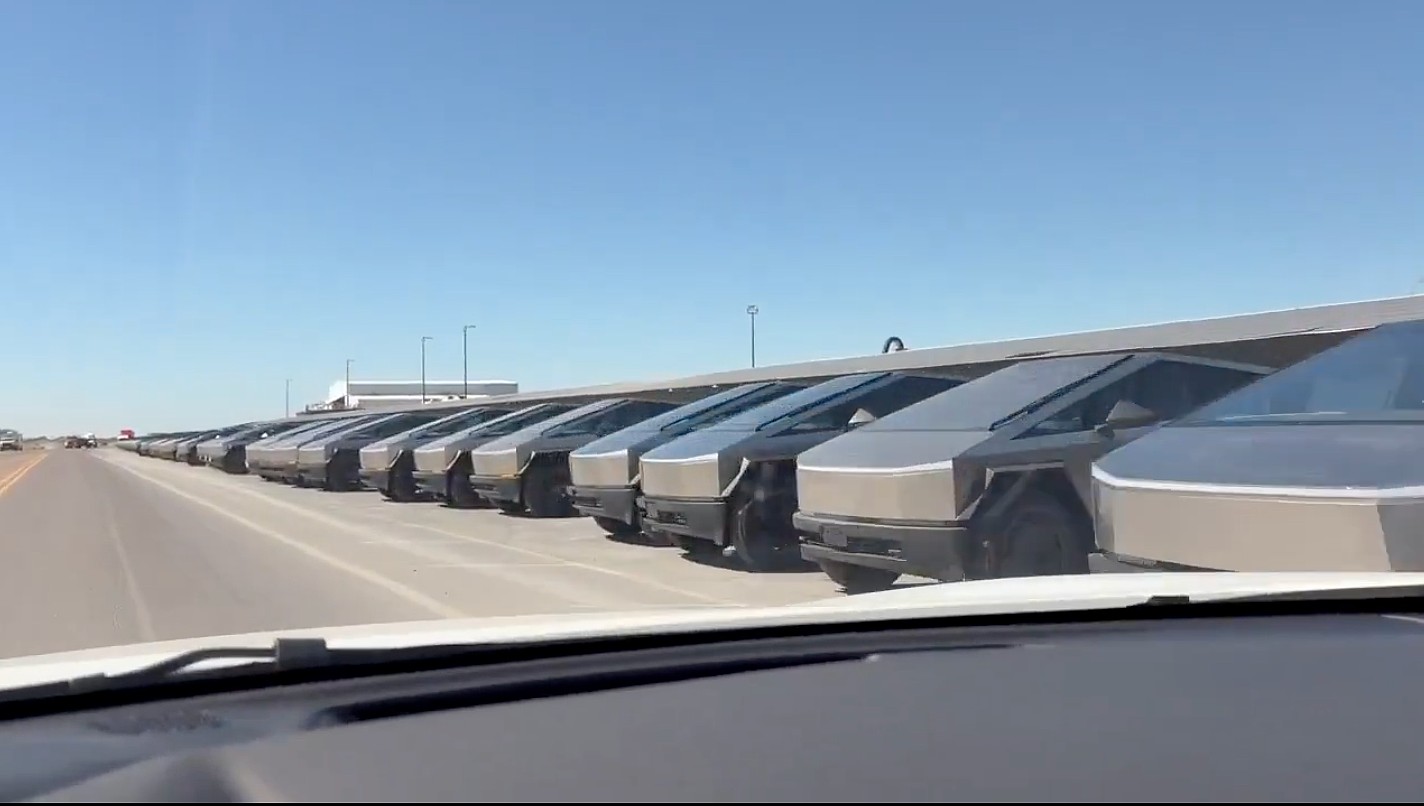
Tesla has initiated Cybertruck deliveries in a new region for the first time, as the all-electric pickup has officially made its way to the United Arab Emirates, marking the newest territory to receive the polarizing truck.
Tesla launched orders for the Cybertruck in the Middle East back in September 2025, just months after the company confirmed that it planned to launch the pickup in the region, which happened in April.
I took a Tesla Cybertruck weekend Demo Drive – Here’s what I learned
By early October, Tesla launched the Cybertruck configurator in the United Arab Emirates, Qatar, and Saudi Arabia, with pricing starting at around AED 404,900, or about $110,000 for the Dual Motor configuration.
This decision positioned the Gulf states as key early international markets, and Tesla was hoping to get the Cybertruck outside of North America for the first time, as it has still been tough to launch in other popular EV markets, like Europe and Asia.
By late 2025, Tesla had pushed delivery timelines slightly and aimed for an early 2026 delivery launch in the Middle East. The first official customer deliveries started this month, and a notable handover event occurred in Dubai’s Al Marmoom desert area, featuring a light and fire show.
Around 63 Cybertrucks made their way to customers during the event:
First @cybertruck deliveries in the UAE 🇦🇪 pic.twitter.com/sN2rAxppUA
— Tesla Europe & Middle East (@teslaeurope) January 22, 2026
As of this month, the Cybertruck still remains available for configuration on Tesla’s websites for the UAE, Saudi Arabia, Qatar, and other Middle Eastern countries like Jordan and Israel. Deliveries are rolling out progressively, with the UAE leading as the first to see hands-on customer events.
In other markets, most notably Europe, there are still plenty of regulatory hurdles that Tesla is hoping to work through, but they may never be resolved. The issues come from the unique design features that conflict with the European Union’s (EU) stringent safety standards.
These standards include pedestrian protection regulations, which require vehicles to minimize injury risks in collisions. However, the Cybertruck features sharp edges and an ultra-hard stainless steel exoskeleton, and its rigid structure is seen as non-compliant with the EU’s list of preferred designs.
The vehicle’s gross weight is also above the 3.5-tonne threshold for standard vehicles, which has prompted Tesla to consider a more compact design. However, the company’s focus on autonomy and Robotaxi has likely pushed that out of the realm of possibility.
For now, Tesla will work with the governments that want it to succeed in their region, and the Middle East has been a great partner to the company with the launch of the Cybertruck.
News
BREAKING: Tesla launches public Robotaxi rides in Austin with no Safety Monitor
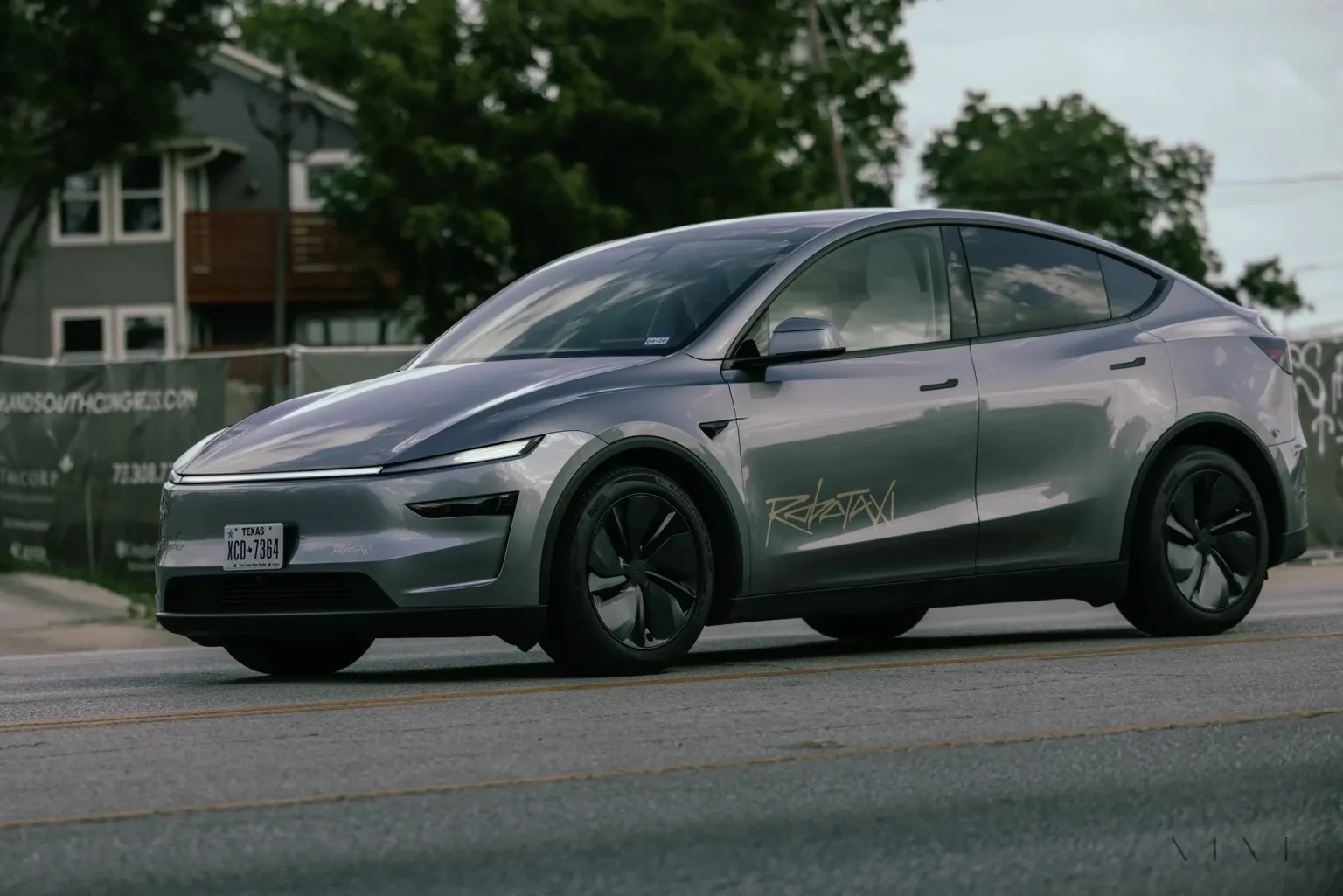
Tesla has officially launched public Robotaxi rides in Austin, Texas, without a Safety Monitor in the vehicle, marking the first time the company has removed anyone from the vehicle other than the rider.
The Safety Monitor has been present in Tesla Robotaxis in Austin since its launch last June, maintaining safety for passengers and other vehicles, and was placed in the passenger’s seat.
Tesla planned to remove the Safety Monitor at the end of 2025, but it was not quite ready to do so. Now, in January, riders are officially reporting that they are able to hail a ride from a Model Y Robotaxi without anyone in the vehicle:
I am in a robotaxi without safety monitor pic.twitter.com/fzHu385oIb
— TSLA99T (@Tsla99T) January 22, 2026
Tesla started testing this internally late last year and had several employees show that they were riding in the vehicle without anyone else there to intervene in case of an emergency.
Tesla has now expanded that program to the public. It is not active in the entire fleet, but there are a “few unsupervised vehicles mixed in with the broader robotaxi fleet with safety monitors,” Ashok Elluswamy said:
Robotaxi rides without any safety monitors are now publicly available in Austin.
Starting with a few unsupervised vehicles mixed in with the broader robotaxi fleet with safety monitors, and the ratio will increase over time. https://t.co/ShMpZjefwB
— Ashok Elluswamy (@aelluswamy) January 22, 2026
Tesla Robotaxi goes driverless as Musk confirms Safety Monitor removal testing
The Robotaxi program also operates in the California Bay Area, where the fleet is much larger, but Safety Monitors are placed in the driver’s seat and utilize Full Self-Driving, so it is essentially the same as an Uber driver using a Tesla with FSD.
In Austin, the removal of Safety Monitors marks a substantial achievement for Tesla moving forward. Now that it has enough confidence to remove Safety Monitors from Robotaxis altogether, there are nearly unlimited options for the company in terms of expansion.
While it is hoping to launch the ride-hailing service in more cities across the U.S. this year, this is a much larger development than expansion, at least for now, as it is the first time it is performing driverless rides in Robotaxi anywhere in the world for the public to enjoy.
Investor's Corner
Tesla Earnings Call: Top 5 questions investors are asking
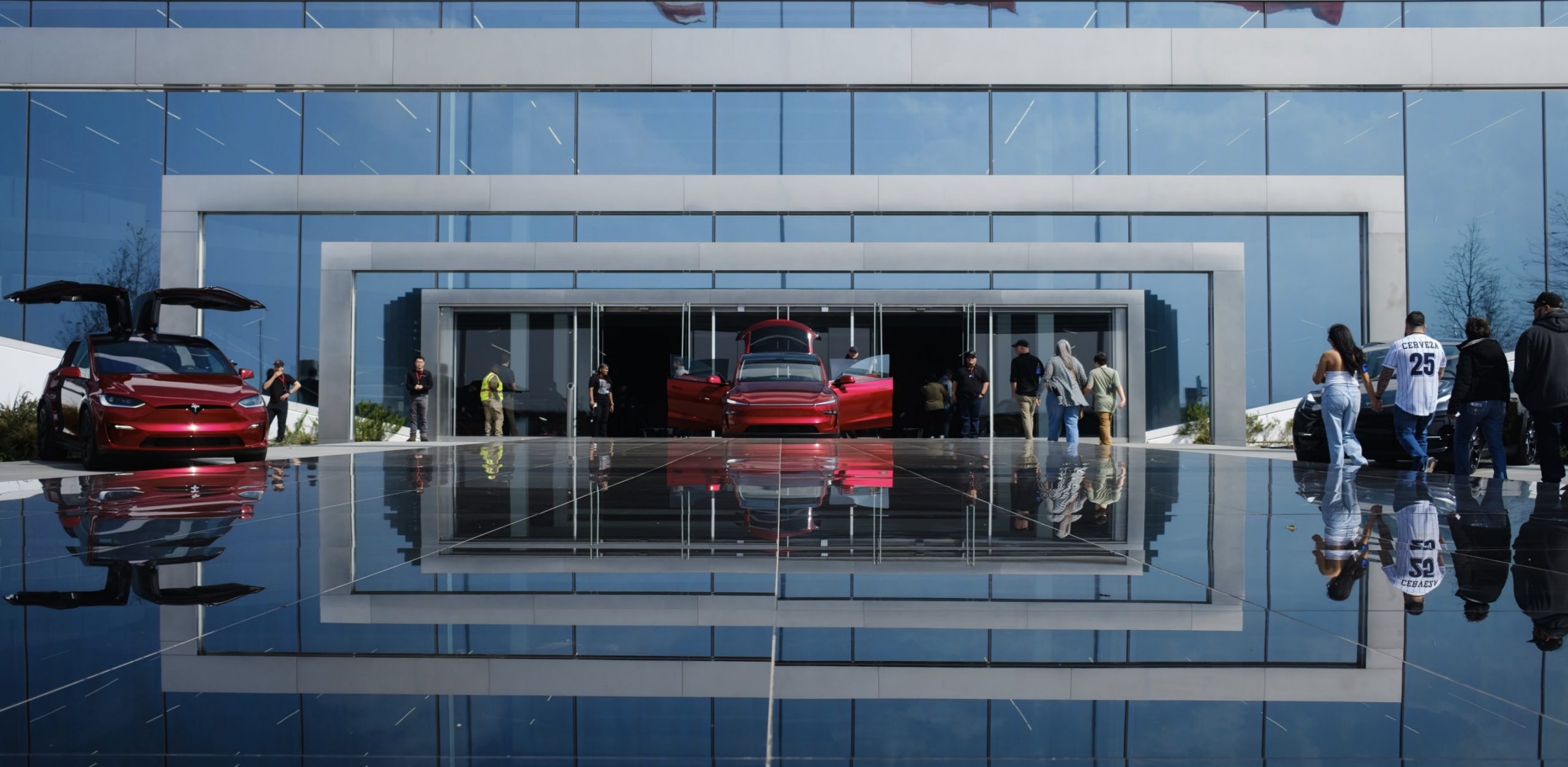
Tesla has scheduled its Earnings Call for Q4 and Full Year 2025 for next Wednesday, January 28, at 5:30 p.m. EST, and investors are already preparing to get some answers from executives regarding a wide variety of topics.
The company accepts several questions from retail investors through the platform Say, which then allows shareholders to vote on the best questions.
Tesla does not answer anything regarding future product releases, but they are willing to shed light on current timelines, progress of certain projects, and other plans.
There are five questions that range over a variety of topics, including SpaceX, Full Self-Driving, Robotaxi, and Optimus, which are currently in the lead to be asked and potentially answered by Elon Musk and other Tesla executives:
- You once said: Loyalty deserves loyalty. Will long-term Tesla shareholders still be prioritized if SpaceX does an IPO?
- Our Take – With a lot of speculation regarding an incoming SpaceX IPO, Tesla investors, especially long-term ones, should be able to benefit from an early opportunity to purchase shares. This has been discussed endlessly over the past year, and we must be getting close to it.
- When is FSD going to be 100% unsupervised?
- Our Take – Musk said today that this is essentially a solved problem, and it could be available in the U.S. by the end of this year.
- What is the current bottleneck to increase Robotaxi deployment & personal use unsupervised FSD? The safety/performance of the most recent models or people to monitor robots, robotaxis, in-car, or remotely? Or something else?
- Our Take – The bottleneck seems to be based on data, which Musk said Tesla needs 10 billion miles of data to achieve unsupervised FSD. Once that happens, regulatory issues will be what hold things up from moving forward.
- Regarding Optimus, could you share the current number of units deployed in Tesla factories and actively performing production tasks? What specific roles or operations are they handling, and how has their integration impacted factory efficiency or output?
- Our Take – Optimus is going to have a larger role in factories moving forward, and later this year, they will have larger responsibilities.
- Can you please tie purchased FSD to our owner accounts vs. locked to the car? This will help us enjoy it in any Tesla we drive/buy and reward us for hanging in so long, some of us since 2017.
- Our Take – This is a good one and should get us some additional information on the FSD transfer plans and Subscription-only model that Tesla will adopt soon.
Tesla will have its Earnings Call on Wednesday, January 28.
